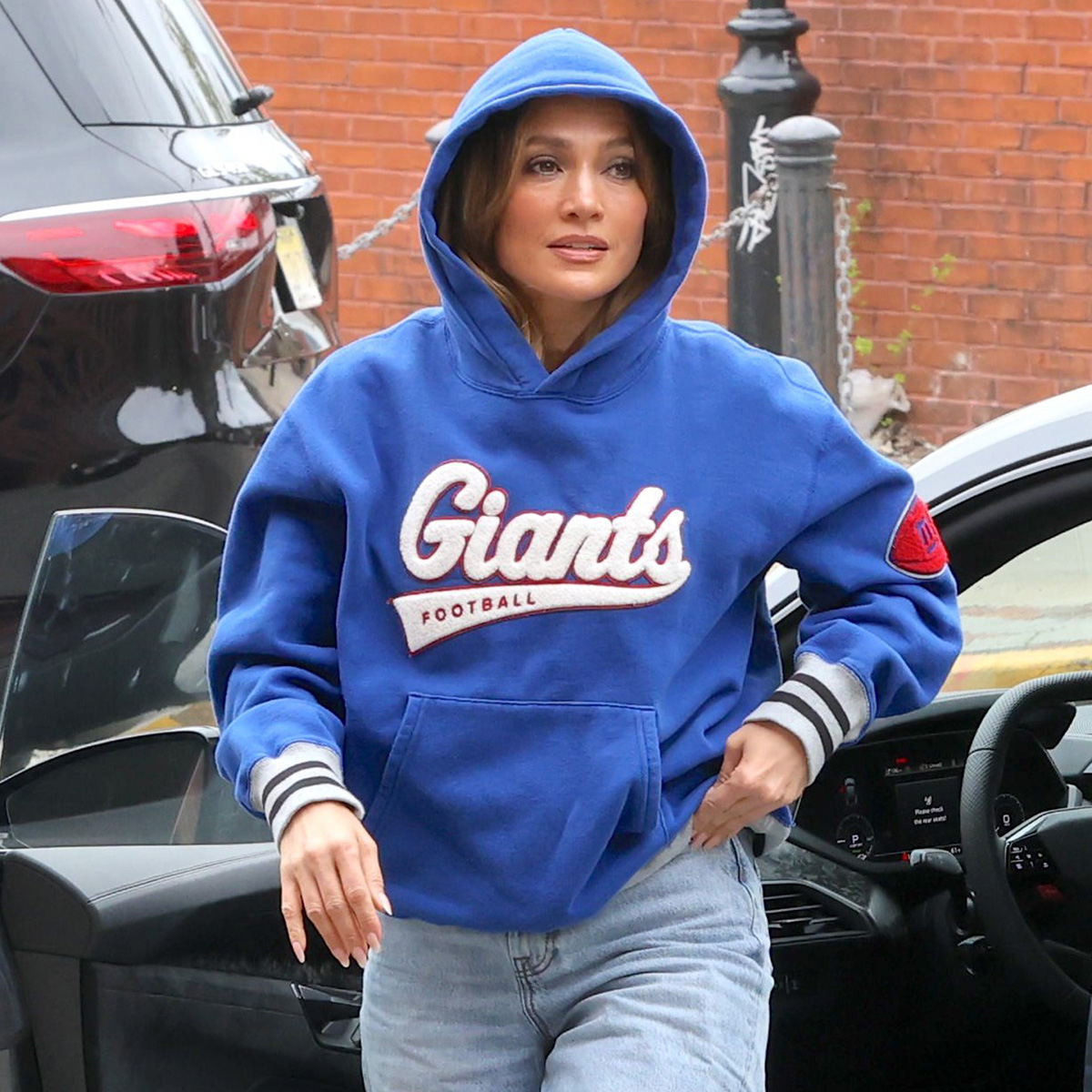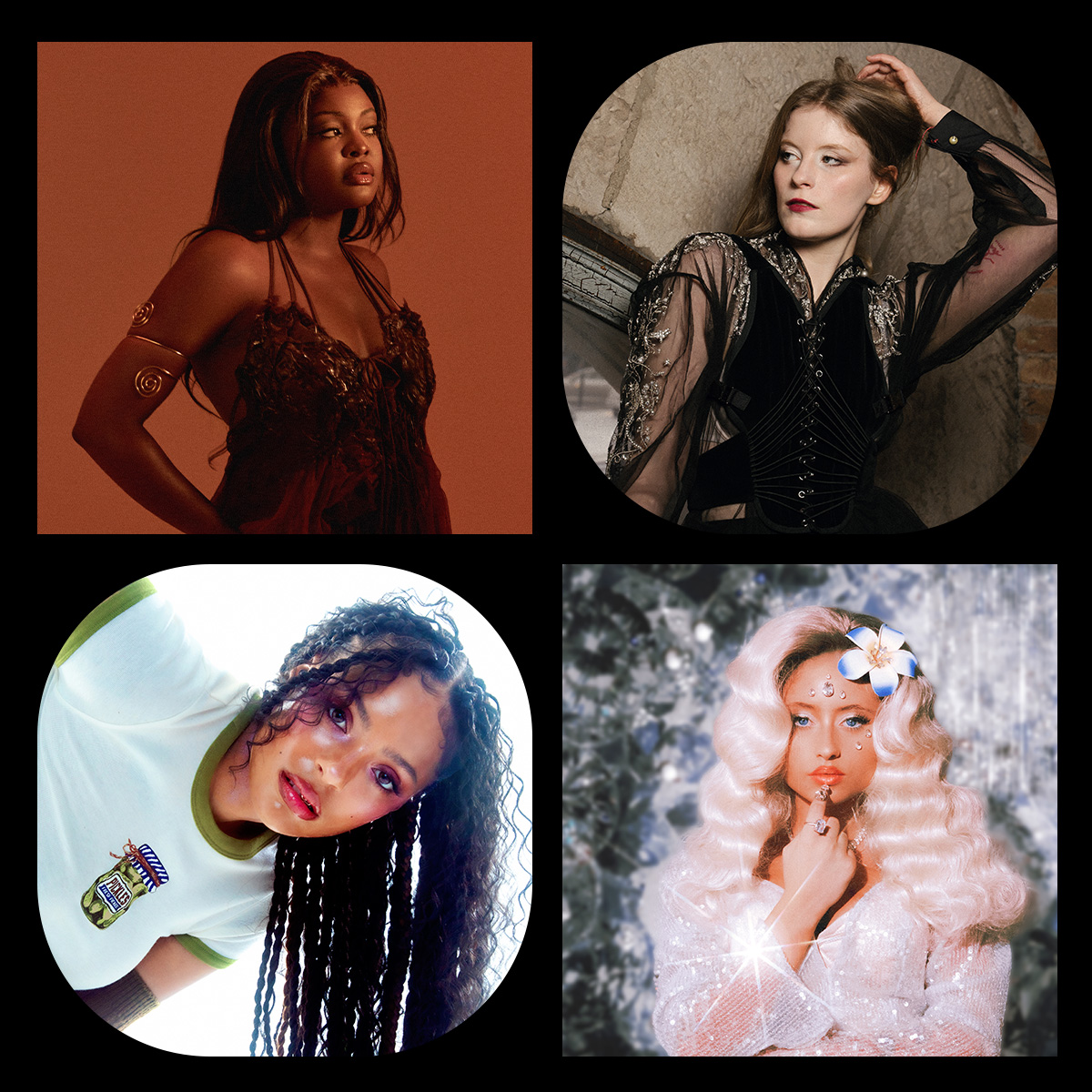A Brief Yet Fascinating History of the Word "Crazy"

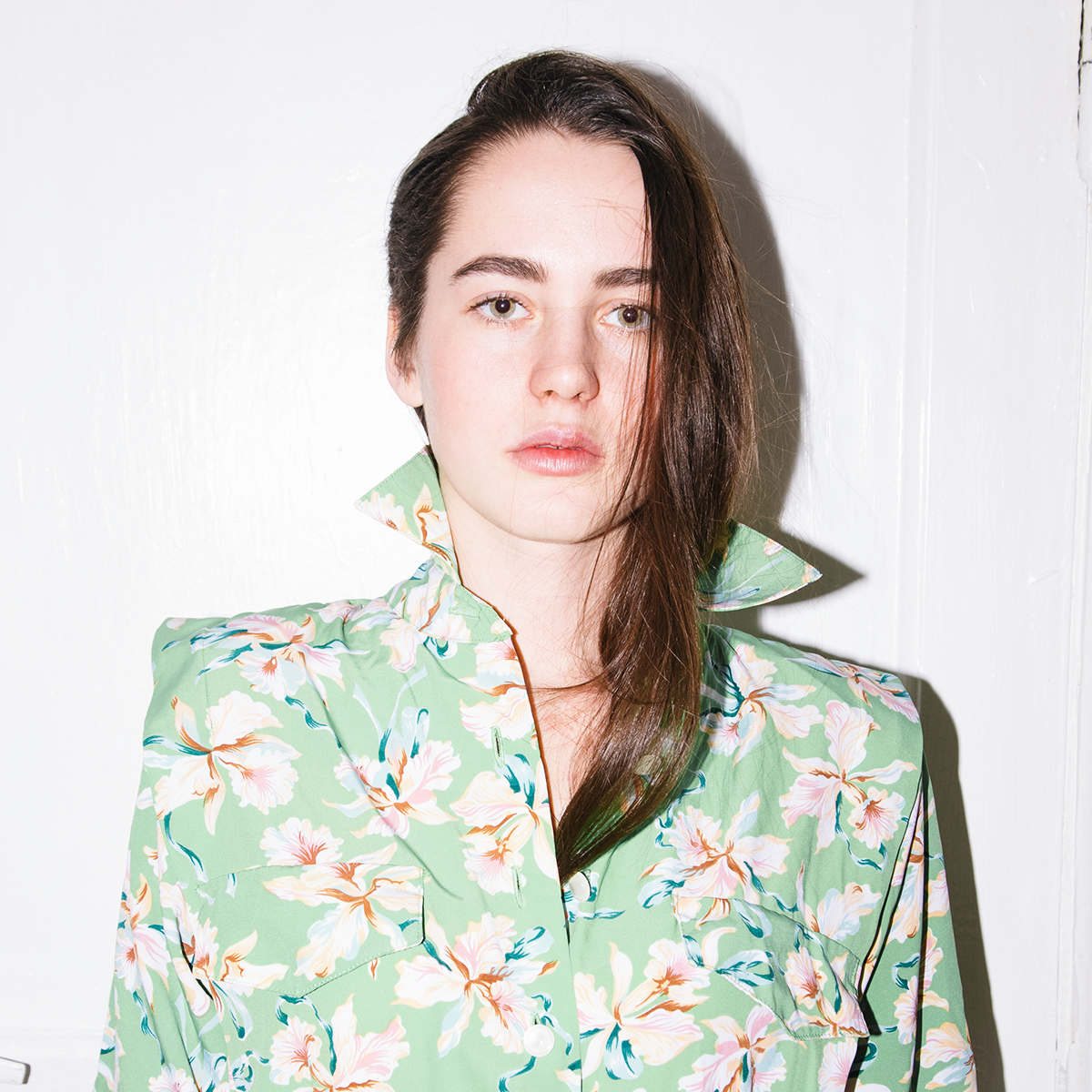
A few weeks ago, I put out a call on my Instagram asking my female followers if there were any gendered slurs or insults that rubbed them the wrong way and that they would like to know more about. By far, the most votes I received were for the word "crazy." A few dozen 20- and 30-something women overflowed my inbox with protestations against people (usually men) using their feelings and/or legitimate mental health concerns against them, labeling everything from their behavior while menstruating to their positions during arguments to their feelings toward their exes as "crazy." Need we be reminded of one viral video from 2014 (now deleted) in which a man named Dana McLendon gave a lecture on what he called the "Universal Hot Crazy Matrix," a graph illustrating what he believed to be the indisputable correlation between a woman's hotness and level of "crazy"? His crazy axis began at a four instead of a zero, because as McLendon put it, "Of course there's no such thing as a woman who's not at least a four crazy."
McLendon's flippant dismissal of all women as crazy is sexist and inaccurate, but, as the flood of Instagram messages I received demonstrates, it's also not uncommon. "It makes me feel frustrated and belittled," one follower commented on the word. "Plus isn't it insensitive to real mental illness? Ugh. Why do people use 'crazy' with women so lightly?"
May is Mental Health Awareness month, so these questions couldn't have come better timed. It makes sense that people have such complicated feelings about "crazy": In modern usage, the word can be applied to a number of nuanced contexts. According to Dictionary.com, the adjective's definitions (both formal and colloquial) range from "mentally deranged; demented; insane" to "senseless; impractical" (a crazy scheme) to "intensely enthusiastic" (crazy about basketball). Other informal definitions include "very enamored or infatuated" (He was crazy about her); "unusual; bizarre" (She always wears a crazy hat); and "wonderful; excellent" (That's crazy, man, crazy).
Some of these definitions could be considered positive, sure, but the negative ones definitely lead the pack. When the word "crazy" first sprang about in English, it only had one definition, and no one would have considered it a compliment. The word's earliest meaning comes from the 1570s when it meant "diseased; sickly." A decade later, it was used to describe something "full of cracks or flaws" (a crazy house); then, by the 1610s, it had evolved to apply to a person "of unsound mind, or behaving as so." Crazy in a positive sense didn't arrive until the 1920s, when jazz culture reappropriated the word to mean "cool, exciting" in a slang context.
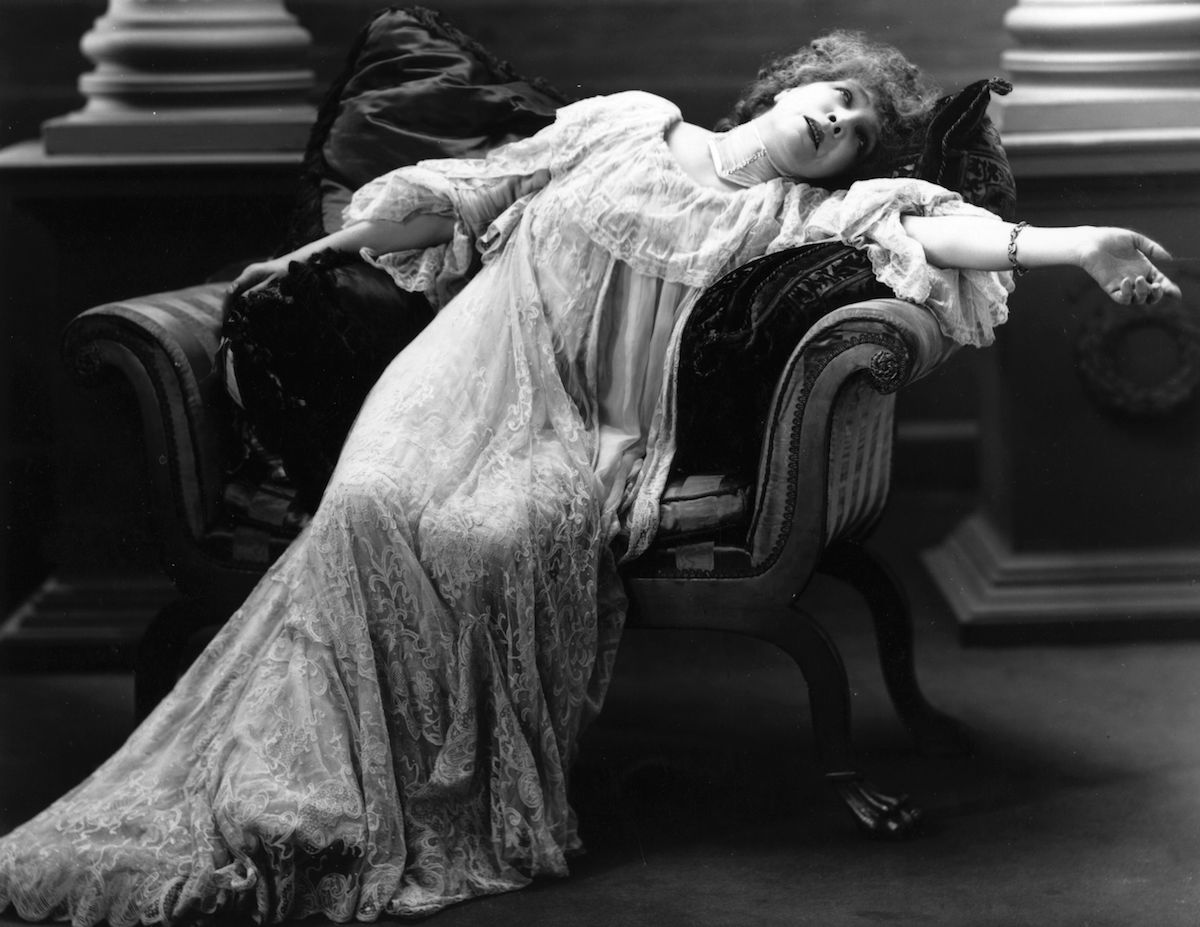
But what the dictionary fails to capture is that, when applied to women specifically, "crazy" has historically been used as a form of silencing. You've probably heard the word "hysterical" used as a synonym for acting crazy or overemotional. But in the 19th century, "hysteria" was believed to be a legitimate "female mental disorder"—a diagnosis doctors gave to women who exhibited anything that could be perceived as unusual or difficult behavior (anxiety, strong sexual desire, anything—there existed a 75-page list of possible manifestations). Hysteria was thought to be inherently female; in fact, the word "hysterical" comes from the Latin hystericus, meaning "of the womb." As Gary Nunn wrote for The Guardian, "This was a condition thought to be exclusive to women—sending them uncontrollably and neurotically insane owing to a dysfunction of the uterus (the removal of which is still called a hysterectomy)."
"Hysterical" isn't the only historically gendered synonym for crazy, either: The word "loony" is also thought to stem from a type of insanity only women were capable of. The word comes from lunacy—"a monthly periodic insanity, believed to be triggered by the moon's cycle (remind you of anything?)," Nunn says. "These etymologies have cemented a polarisation of the female and male mental states: men being historically associated with rationality, straightforwardness, and logic; women with unpredictable emotions, outbursts, and madness."
This association between women and insanity or excessive emotion has never had any valid biological bases, however ("There are very inconsistent findings in the literature on relationships between women's menstrual cycles and mood," a gender and emotions scholar named Leslie Brody, PhD, told Refinery29). Instead, the motivation is political. It has to do with power—with who gets a voice. It is no coincidence that the height of hysteria diagnoses in America occurred in the late 1850s, the very same time the women's rights movement started picking up speed. "Women demanding equality was a pesky problem, and hysteria was a brilliant answer," therapist and author Amber Madison wrote in 2014. "Hysteria asked, 'Don't those high-maintenance females see they're too irrational to do things like own property, control finances, get a college degree, or cast a vote?' It framed female emotional instability as biological 'fact.'"
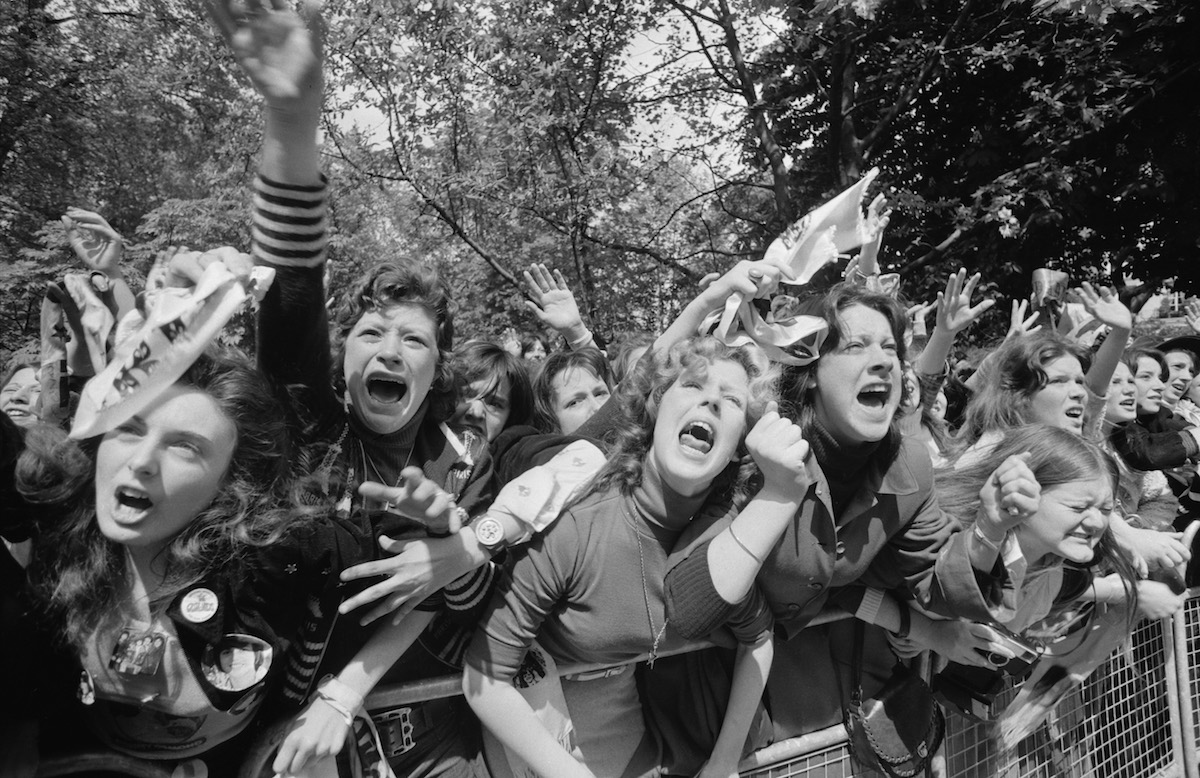
Today, of course, doctors know that hysteria isn't a real mental health disorder. But using language like "hysterical," "over-emotional," and "crazy" to discredit women's experiences is still very much a real phenomenon. In that same Refinery29 article, a stress and emotions expert at UC Merced, Matthew Zawadzki, PhD, was quoted as saying "'Emotional' is a term used to label women whom you don't want to have a voice in a situation. When a couple is having an argument, even if a woman has a well-thought-out reason for being upset, a guy might say, 'You're just being emotional.' … 'You're acting crazy' really mean[s] 'I don't have to pay attention to you.'"
This dismissal of women's perspectives and mental states can have consequences beyond spats between couples. For his dissertation, Zawadzki conducted a study aimed at understanding why men are diagnosed with heart disease so much more often than women, even though both genders develop heart disease with equal frequency. For the study, he had men and women pretend to report symptoms of heart disease to different doctors; participants were coached beforehand either to display no emotions at all or to show clear signs of anxiety. In all instances, doctors believed the men—both the calm ones and the anxious ones—and reported it very likely that they had heart disease. By contrast, the women who showed signs of anxiety were not believed—doctors reported that they were much less likely to have heart disease than the men who'd been coached in the very same way. What this shows is that women are not inherently "crazier" or more anxious than men; it's simply that their emotions are read differently and used to delegitimize them, which can injure women's chances for being treated with equality, either in an argument, in Washington, D.C., or in the doctor's office.
The other layer to "crazy" that makes our current, casual uses of the word problematic is that early on in its timeline, it was used a slur for anyone outside of the strict societal standard of mental health. Stigmas surrounding mental illness still exist today (though with the help of vocal celebrities and mental health education in schools, that's changing). For most of human history, folks with mental illness were left to the care of their families, with no professional treatment options; but, because they were such a subject of shame, they were often abandoned in the streets. Mass asylums were created in the 1600s as a solution, but these were not compassionate or even helpful medical facilities. "Until reforms in the 1800s, people in asylums were treated like animals, often chained and put in inhumane living conditions," wrote mental health blogger Alex Stoffel for RootedinRights.com. "This one simple word, 'crazy,' carries with it this complex story. The word has been used in many oppressive situations in history to dehumanize those with mental illness." And continuing to use it casually in a negative context perpetuates the notion that having a mental illness is shameful and worthy of insult.
None of this is to say we should all strip the word "crazy" from our vocabularies. It's simply an invitation to be more intentional about it when we use it. And along the way, if you encounter someone in a heated argument or at a protest who dismisses you as "crazy," feel free to confidently pass along some of this history lesson.
Disclaimer
This article is provided for informational purposes only and is not intended to be used in the place of advice of your physician or other medical professionals. You should always consult with your doctor or healthcare provider first with any health-related questions.

Tie among Linda Rodin, Hari Nef, and David Bowie.
Who are your 5 favorite people to follow on Instagram?@petracollins @katiejanehughes @alwaysjudging @bonnyrebecca @hotdudesreading
What's the beauty essential you can’t live without?If I have some brow gel and Sisley's Phyto-Lip Twist, I'm good to go forever.
What's your desert island album?Death Cab for Cutie's Transatlanticism
What's your favorite Byrdie.com story?Game of Thrones's Nathalie Emmanuel looks so achingly beautiful in our feature with her that I think it's gonna have to be that!
-
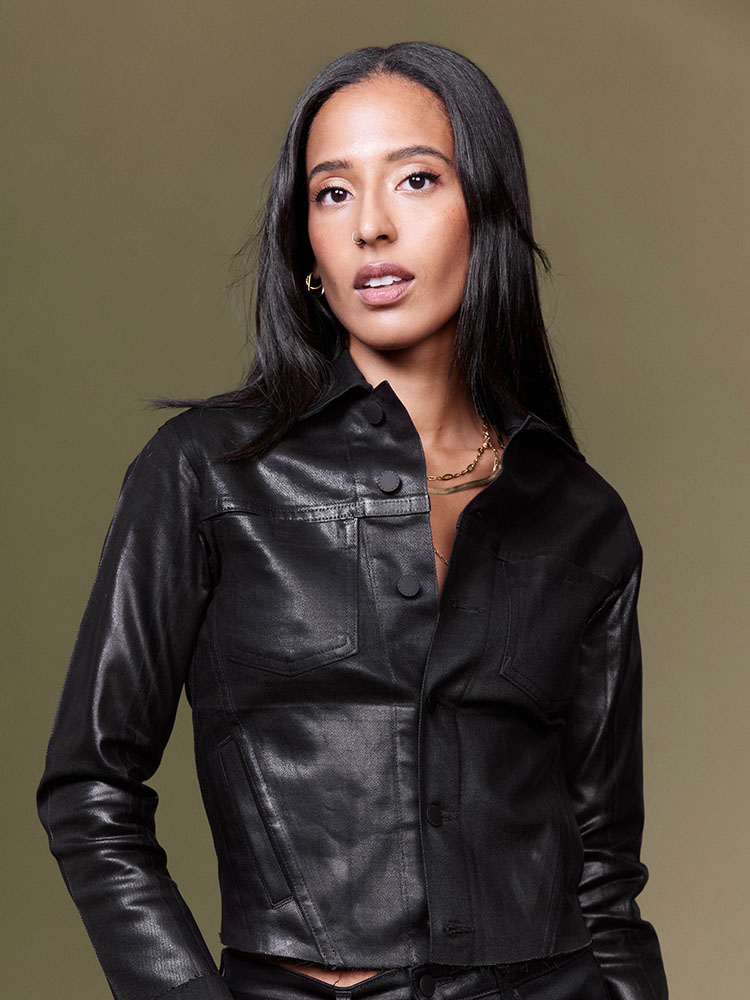 This Founder Shares Why We Should Start Celebrating Rest
This Founder Shares Why We Should Start Celebrating RestBurnout is nothing to be proud of.
By Kia Topps
-
 Why Dr. Deepika Chopra Believes that Optimism is Resiliency
Why Dr. Deepika Chopra Believes that Optimism is ResiliencyWhy you should start embracing every feeling.
By Kia Topps
-
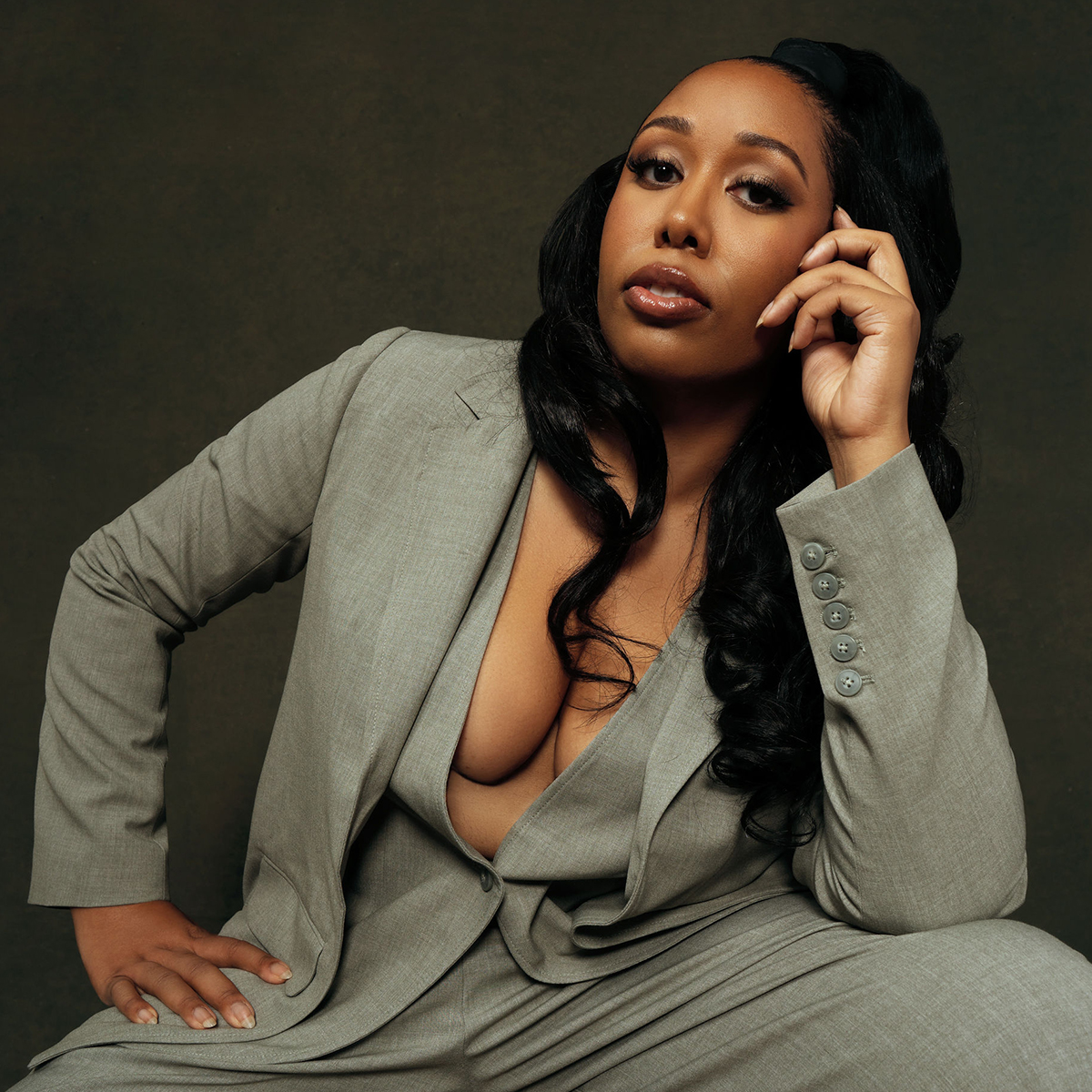 How TikTok's Favorite Photographer Helped Me Find My Confidence
How TikTok's Favorite Photographer Helped Me Find My ConfidenceI renewed my relationship with myself.
By MacKenzie Green
-
 11 Things to Do If You're Dealing With Anxiety at Work
11 Things to Do If You're Dealing With Anxiety at WorkThese can help.
By Casey Clark
-
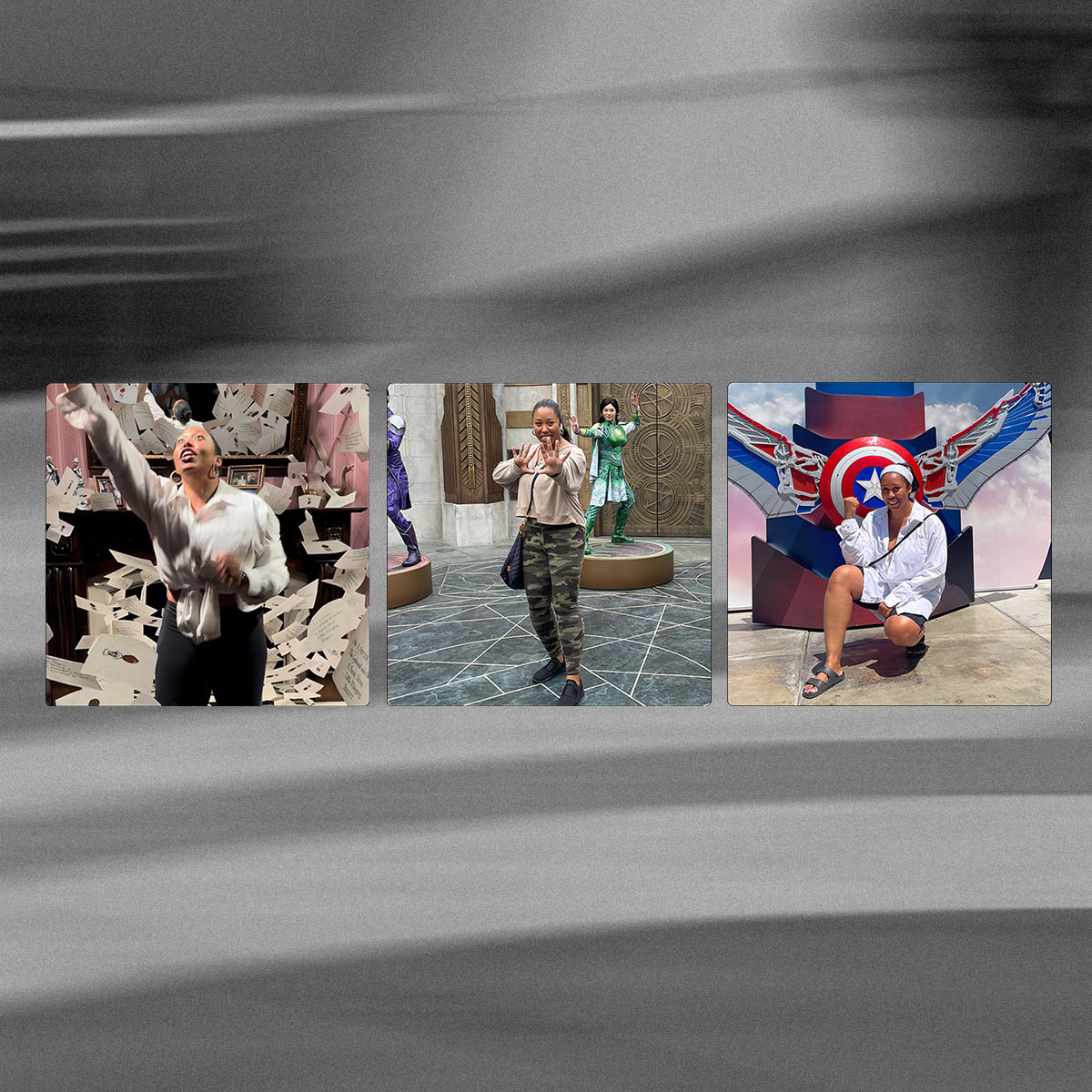 Here's Why I Make Time for "Play" Every Day—and Why You Should Too
Here's Why I Make Time for "Play" Every Day—and Why You Should TooIt's one of the best things you can do for yourself.
By MacKenzie Green
-
 How to Choose a Plant Based on Your Personality Type
How to Choose a Plant Based on Your Personality TypeDo you have a green thumb?
By Sarah Yang
-
 If You're Super Stressed Out, These 17 Things Can Make You Feel Better
If You're Super Stressed Out, These 17 Things Can Make You Feel BetterTry them.
By Sarah Yang
-
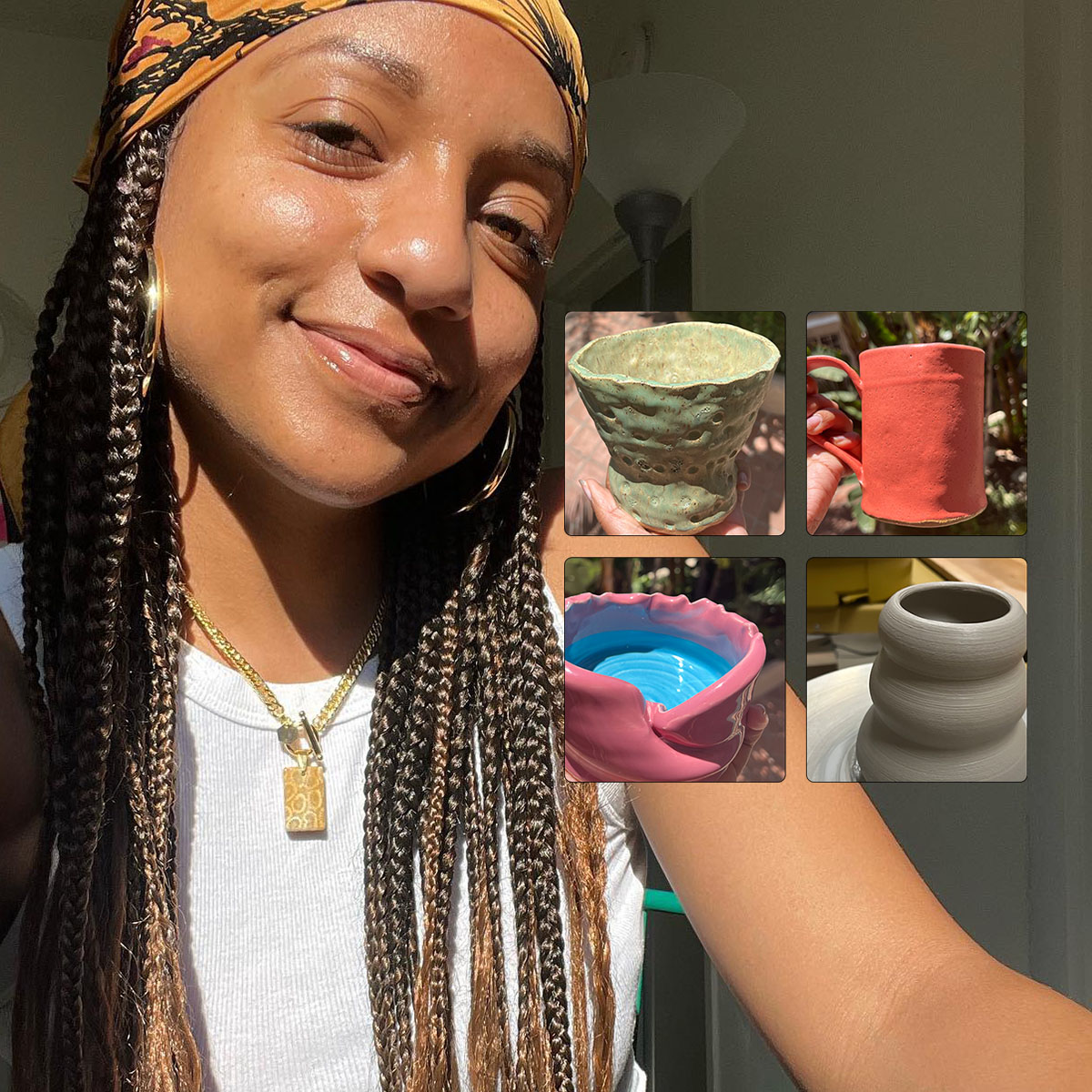 I Tried Pottery Classes as a Way to Better My Mental Health—Here's What Happened
I Tried Pottery Classes as a Way to Better My Mental Health—Here's What HappenedI left my classes with more than I bargained for.
By Kia Topps
